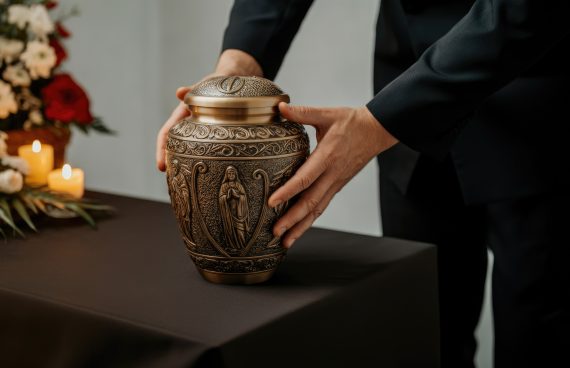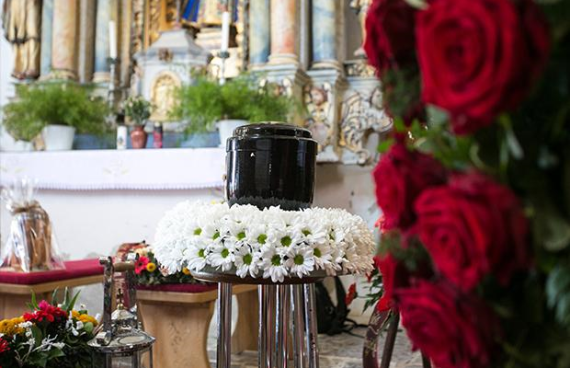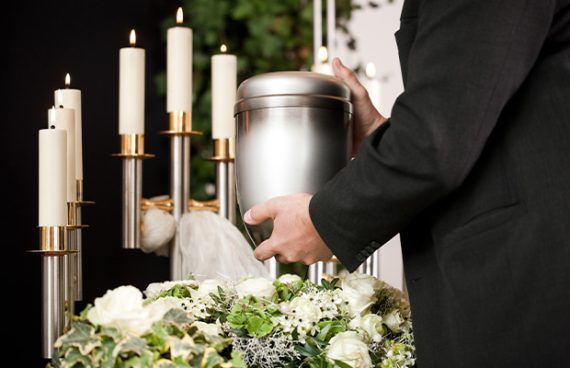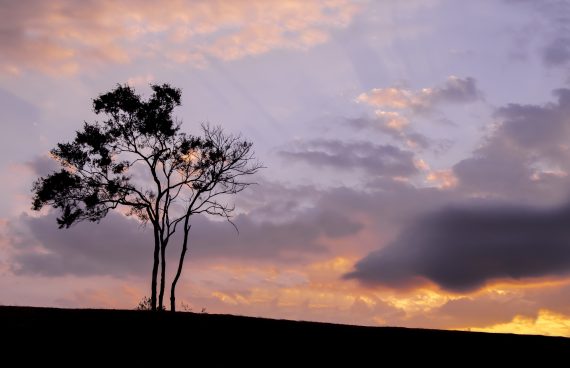What you need to know about cremation before deciding
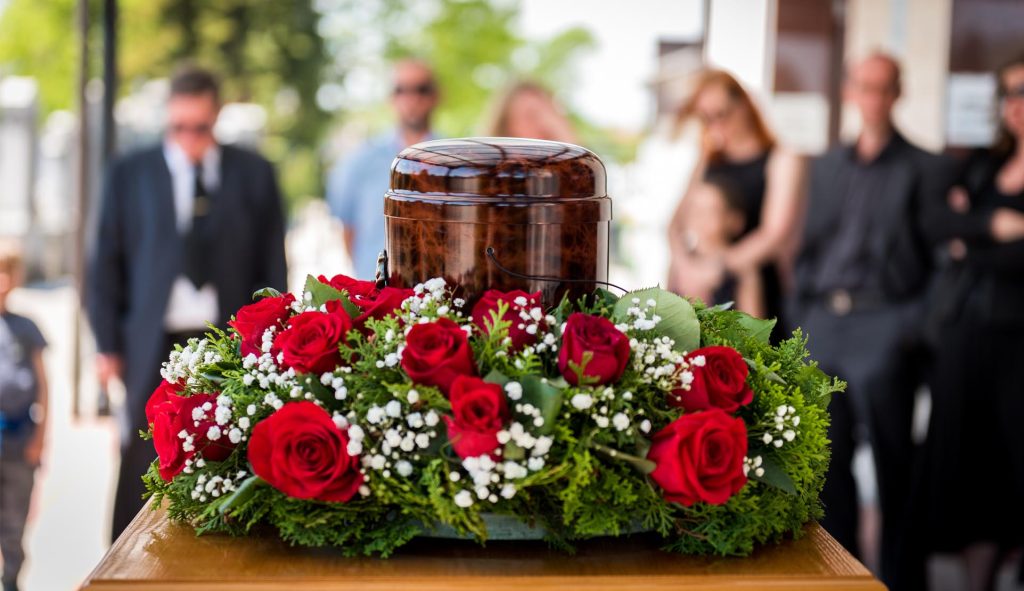
Understanding cremation: Key differences from traditional burial
Cremation offers unique qualities that set it apart from traditional burial. Here’s everything you need to know to make an informed choice for yourself or a loved one.
How cremation differs from traditional burial
Cremation involves placing the deceased in a simple container, and incinerating it in a crematorium. After the body is reduced to ashes, these remains are gathered and placed in an urn. This contrasts with traditional burial, where the body is placed in a casket and buried in the ground.
Preparing a body for cremation involves sanitizing it first. If a funeral service occurs before cremation, the body may be cremated in the clothing selected for the funeral. When there is not a viewing or funeral before the cremation, your loved one can be placed in the cremation container in simple clothing or wrapped in a shroud. External jewelry and medical devices, like pacemakers, must be removed before cremation.
Similarities to traditional burial
Despite its differences, cremation doesn’t change certain aspects of a funeral service. Families often hold a wake or vigil, and if the body is cremated before the service, the urn can serve in place of a casket. Some crematoriums offer small ceremonies at the time of cremation, allowing families to participate if they wish.
Cremation options
Cremation offers more flexibility in choosing a final resting place compared to traditional burial. Besides burial or placement in a columbarium niche, cremated remains can be scattered in designated scattering gardens at cemeteries or at meaningful locations. A number of other options include incorporating ashes into jewelry, memorial reefs, or even fireworks.
Why consider cremation?
Cremation might appeal to those who prefer it for personal reasons or for its cost-effectiveness, as it avoids expenses related to caskets and burial plots. Environmentally, cremation generally has a lower carbon footprint than traditional burials, avoiding issues related to embalming fluids and reducing land use. Additionally, cremation allows for greater flexibility if a memorial service needs to be delayed.
Additional considerations
Cremation provides the option to hold a memorial service or to proceed directly with cremation, depending on your preferences. It also offers more choices for handling your loved one than traditional burial. For more information about cremation and how it compares to other funeral options, consult with a local funeral director.








 Use current location
Use current location




